Research Methods in Psychology Core Concepts and Skills V.1.0 by Paul C. Price – Test Bank
Chapter 3
True/False Questions
Section 1
-
-
- Scientific studies are considered ethical only if there is no risk of harm to the participants.
-
False; Moderate
-
-
- Ethical researchers consider how their research might affect society.
-
True; Easy
-
-
- Participants in Milgram’s (1963) obedience study received dangerous electric shocks.
-
False; Easy
-
-
- Participants in the Tuskegee syphilis study were prisoners in a state penitentiary.
-
False; Easy
-
-
- Autonomy refers to people’s right to make their own choices and take their own actions.
-
True; Easy
-
-
- Informed consent refers to participants’ reading and signing a consent form.
-
False; Moderate
-
-
- Ethical researchers are able to eliminate all ethical conflict from their studies.
-
False; Moderate
Section 2
-
-
- The first written ethics code for research with human participants was the Declaration of Helsinki.
-
False; Moderate
-
-
- The Nuremberg Code was written in association with the trials of Nazi war criminals after World War II.
-
True; Easy
-
-
- The Nuremberg Code was the first formal statement of the importance of distributing risks and benefits fairly across different groups in society.
-
False; Moderate
-
-
- Institutional review boards consist entirely of psychologists and other research scientists.
-
False; Moderate
-
-
- The APA Ethics Code was first published in 1953.
-
True; Moderate
-
-
- The APA Ethics Code allows for deception in psychological research under certain conditions.
-
True; Easy
-
-
- Debriefing refers to informing participants about the details of a study before it begins.
-
False; Easy
Section 3
-
-
- A psychologist who is unfamiliar with the APA Ethics Code cannot be held responsible for conducting research that does not conform to that code.
-
False; Moderate


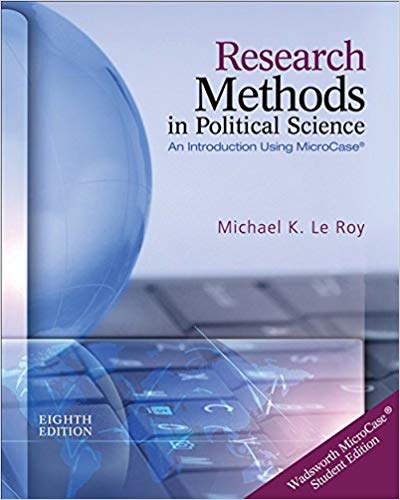





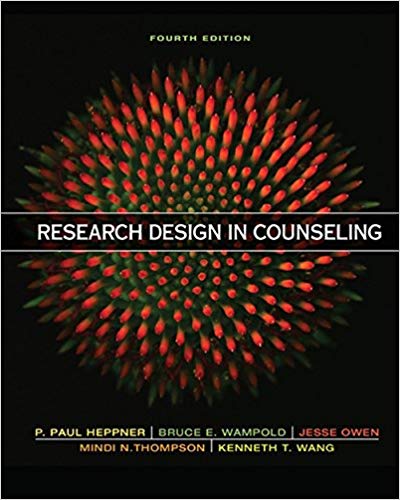
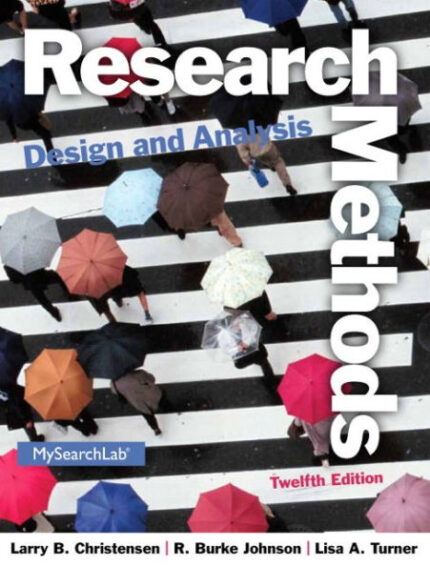

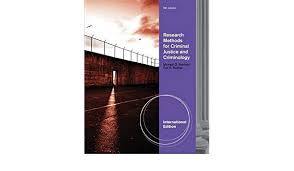
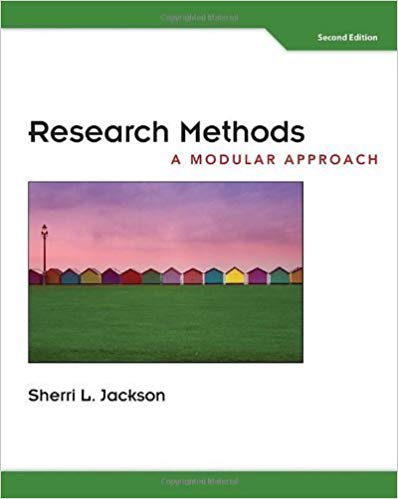
Reviews
There are no reviews yet.